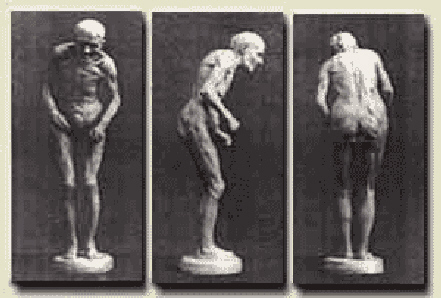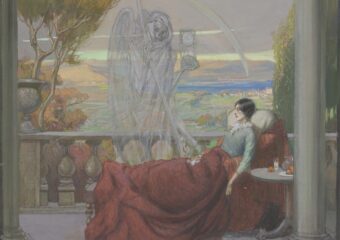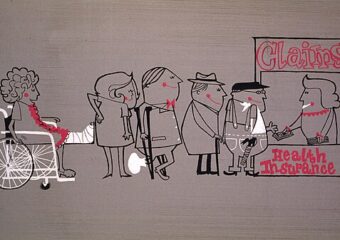Dopamine use in Parkinson’s disease determines the balance between alleviating movement problems (e.g., tremors, stiffness) and producing psychiatric side effects (e.g., dementia, psychosis). Compared here is a biomedical explanation of this balance and a poetic elaboration of the actual implications of when this balance is out of kilter or cannot be achieved, starting with the clinical scenario of dopamine causing psychiatric side effects and ending with the stiffness when dopamine is reduced or withdrawn..
The Biomedical
…dopamine agonists should be reduced in dose or stopped, followed by a period of observation. However, improvement in psychotic symptoms may be accompanied by a deterioration in motor function, which may necessitate an increase in levodopa medication. The aim is to achieve an optimal balance between the treatment of motor and psychotic symptoms.
Progress in Neurology and Psychiatry, September – October 2012
The Poetic (Sonnets)
Dementia? But you’re so sound of mind?
I dare to think the doctors got it wrong;
That dopamine and mimic drugs combined
Misled their diagnosis all along.
Those months confused, ignoring my concern,
For no good reason you could cut up rough;
I never thought then that you might return –
My God how can I give you thanks enough?
We never come to time, it comes to us.
O moment when the mango kisses lime!
Our every moment now a moment plus
And this I’m telling you is double time
But even wishes wished our life outdares,
This resurrection way beyond my prayers
I seem to celebrate on your account,
Today so rigid under my caress.
I kneel to kiss you now but no amount
Of love or care can lessen your distress.
Clear-mindedness but no more dopamine,
So you’re chair-bound, can barely move alone;
An unoiled body’s messaging machine
Shows all the drugs had blurred is now full-blown.
At least this deal allows the mind to mesh
And yet I know that you must pay the price;
Your Mr P. will have his pound of flesh
And this trade-off means such a sacrifice.
What can I do to settle suffering’s bill
Except to say, my Bríd, I hold you still?
Sources:
One Crimson Thread, Micheal O’Siadhail, 2015, Baylor University Press
Notes:
Micheal O’Siadhail (pronounced mee-hawl o’steel) reads four of the sonnets and discusses them here on an episode of the podcast, The Clinic & The Person.
A more extensive discussion of how these sonnets elaborate on the clinical effects of dopamine is available here on this site.
Picture is first known depictions of Parkinson’s disease, attributed to Paul Marie Louis Pierre Richer (1849-1933), accessed through Viartis. ( Accessed June 28, 2019)



